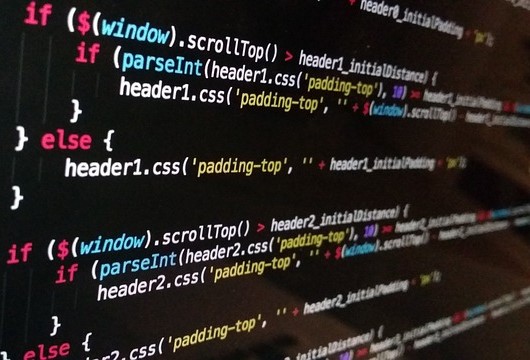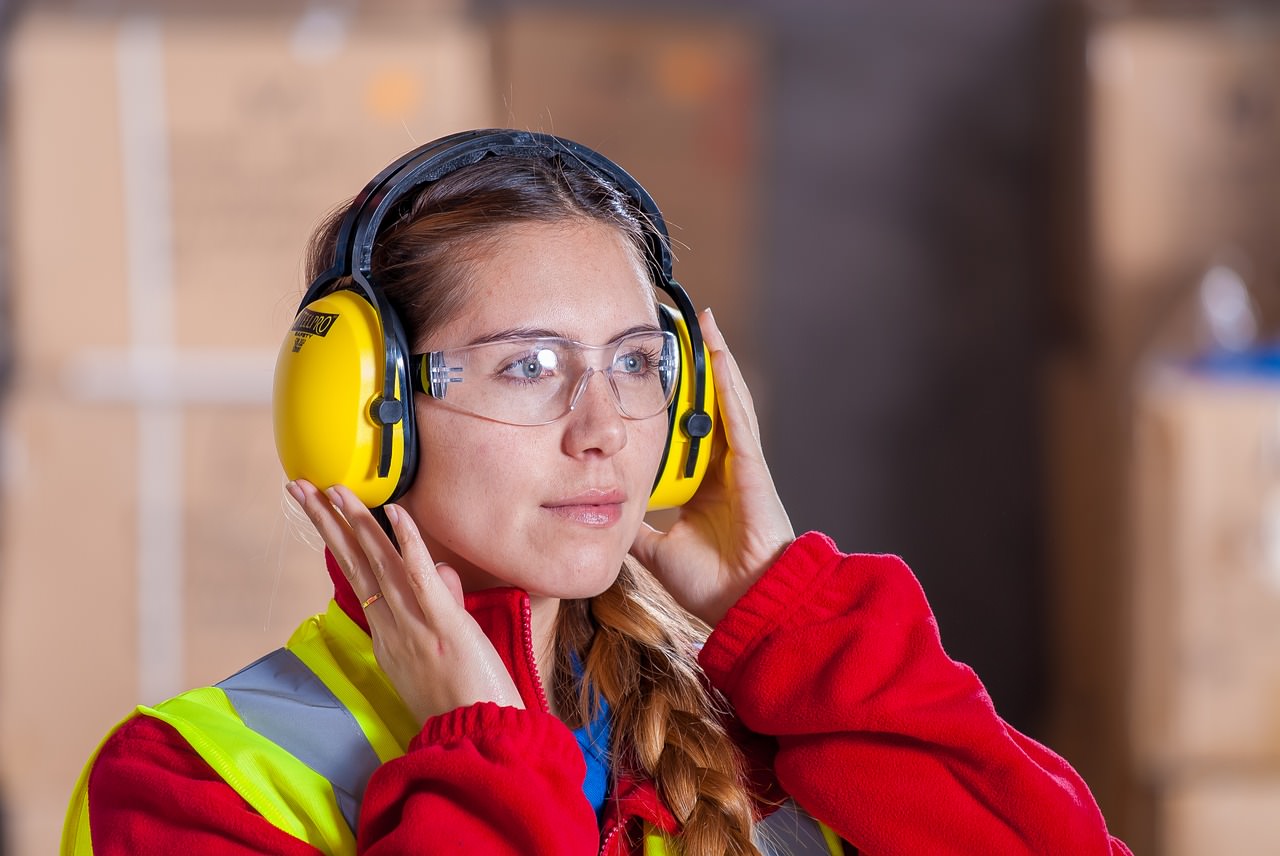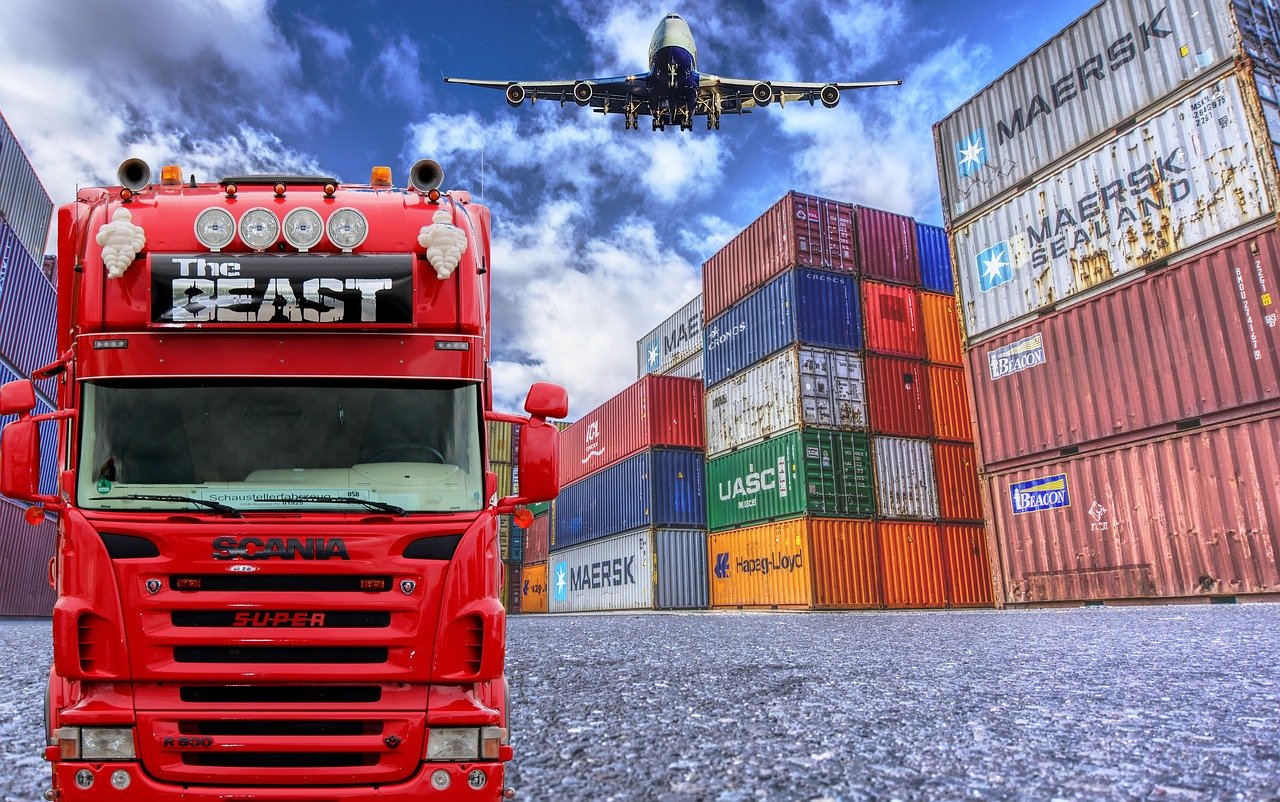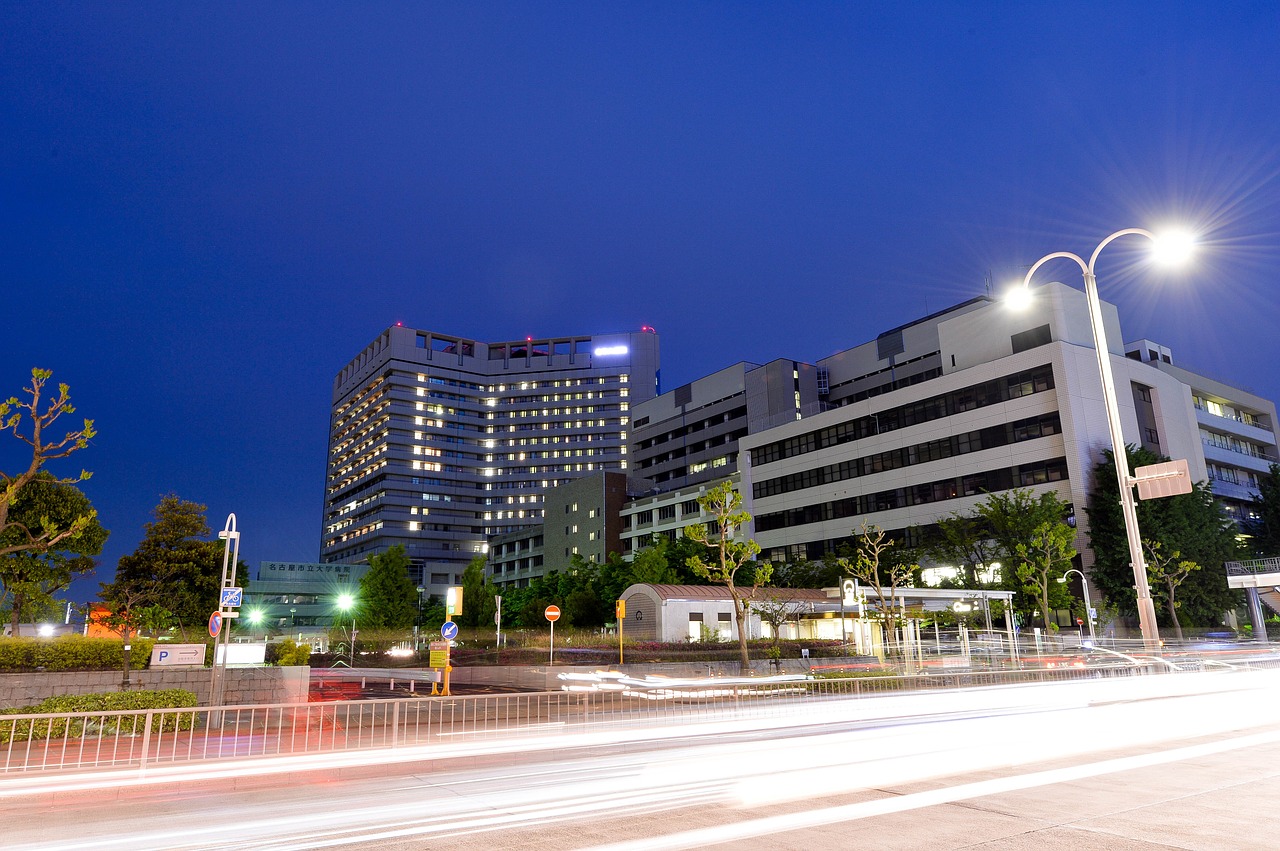These days, it’s hard to talk about the business landscape without bringing up automation. With technologies as diverse as machine learning, robotics and 3D printing business automation is changing poised to revolutionize society.
At this point you’ve probably heard about the autonomous drones and vehicles coming for transportation and retail jobs. If you’ve used online tax preparation recently, then you have an idea why there’s no hiring glut for tax preparers these days.
At this point, everyone knows what robotics means for factory jobs. But have you heard that your local bakery or news organization could someday be run by robots?
As automation becomes more advanced and more businesses reap the financial rewards, automated processes will take over more diverse roles within business. Here are some professions that may at first glance be robot-proof, but are becoming increasingly automated.
Masonry and Construction Workers
Like any profession, construction work has benefitted tremendously from mechanization. From the nail gun to the crane, it’s hard to imagine construction without power tools and equipment.
These days, robots are manufacturing building components in factories and laying bricks at construction sites. Drones allow one person to quickly survey sites that would have required a helicopter flight and team of personnel in the past.
It’s now even possible to “print” a house using computer modelling, concrete and a robotic “printer.” If people can hook up some cables and tubes and print a house in a day, what does that say about the future of construction jobs?
Farmers
Taxis, trains and drones aren’t the only vehicles that can be automated. It isn’t hard to imagine fleets of robotic tractors and combines rolling across gentle rural hills. However, automation can do a lot more than plow fields on the farm.
Machines are being created now that will allow farmers to weed and prune plants without the help of human workers. There are even robots milking cows in Germany.
Automated farming isn’t expected to really start paying off for another few years, but about 10 percent of farms in the U.S. have already begun switching. That means fewer and fewer jobs for humans in the coming years.
Office Workers
Blue collar jobs have been among the first and hardest-hit types of work to become obsolete at the hands of robots. But factory workers aren’t the only ones whose jobs are being automated away.
Tasks that used to require entire high-rises full of workers are now being done by small teams. Personal computers have already revolutionized business offices, and that trend is showing no sign of slowing down as artificial intelligence makes it possible to automate even more.
Accounting is one area that has benefitted from automation, thanks to the increasing intelligence of software and digitization of documents. It’s now possible to oversee an accounts payable system that would have at one time required a dozen workers and a warehouse of paper with automation software.
Customer service employees are also being increasingly replaced by chatbots and other software designed to mimic human interaction. As more and more clerical and office jobs are automated, the perception that business automation is a blue-collar problem will become increasingly antiquated.
Journalists
It seems like writing would be a profession unlikely to become automated. However, automation is becoming increasingly responsible for the financial reports, sports updates and other content we read and watch each day.
Machines excel at combining data, but what they haven’t been great at is providing context. Thanks to machine learning, language processing is becoming increasingly sophisticated.
Business like the Associated Press, Comcast and Yahoo have been using automation to create reports for a few years now. Content is now being generated at a rate that would have required thousands of workers located around the world in the old days.
Machines aren’t yet able to reliably gather first-hand information and turn it into a compelling human interest piece, so the machines aren’t yet here to replace human writers. However, as machine learning and language processing becomes more advanced, the trend of needing fewer humans to accomplish more won’t be stopping any time soon.
Bakers
Yes, even your local artisanal bakery may someday be automated thanks to automated baking systems that produce consistently high quality loaves. Automation helps bakers to reduce waste and produce a consistent product, so it makes sense for them to adopt it where they can.
Larger bakeries are much like factories and have already been reaping the rewards of automation. In the past, automation has made the most sense for large-scale operations.
But as it becomes easier and more cost-effective to automate processes in small business such as artisanal bakeries, automation will begin to penetrate further into our work lives in unexpected ways.
—————————————–
Author Bio:
Susan Ranford is an expert on career coaching, business advice, and workplace rights. She has written for New York Jobs, IAmWire, and ZipJob. In her blogging and writing, she seeks to shed light on issues related to employment, business, and finance to help others understand different industries and find the right job fit for them.















